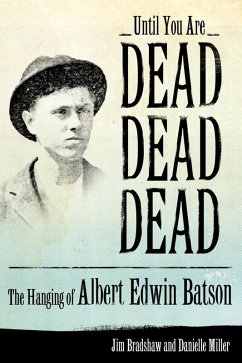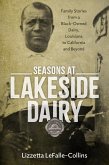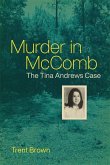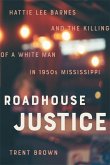In 1902, on a prairie in southwest Louisiana, six members of a farming family are found murdered. Albert Edwin Batson, a white, itinerant farm worker, rapidly descends from likely suspect to likely lynching victim as people in the surrounding countryside lusted for vengeance. In a territory where the locals were coping with the opening of the prairies by the railroad and the disorienting, disruptive advances of the rice and oil industries into what was predominantly cattle country, Batson, an outsider, made an ideal scapegoat.
Until You Are Dead, Dead, Dead tells the story of the legal trials of Batson for the murder of six members of the Earll family and of the emotional trial of his mother. She believed him innocent and worked tirelessly, but futilely, to save her son's life. More than two dozen photos of Batson, his mother, and the principals involved in his arrest and convictions help bring this struggle to life.
Though the evidence against him was entirely circumstantial, most of the citizenry of southwest Louisiana considered him guilty. Sensational headlines in national and local newspapers stirred up so much emotion, authorities feared he would be lynched before they could hang him legally. Even-handed, objective, and thorough, the authors sift the evidence and lament the incompetence of Batson's court-appointed attorneys. The state tried the young man and convicted him twice of the murders and sentenced him each time to death. Louisiana's governor refused to accept the state pardon board's recommendation that Batson's final sentence be commuted to life in prison. A stranger in a rapidly changing land, Batson was hanged.
Until You Are Dead, Dead, Dead tells the story of the legal trials of Batson for the murder of six members of the Earll family and of the emotional trial of his mother. She believed him innocent and worked tirelessly, but futilely, to save her son's life. More than two dozen photos of Batson, his mother, and the principals involved in his arrest and convictions help bring this struggle to life.
Though the evidence against him was entirely circumstantial, most of the citizenry of southwest Louisiana considered him guilty. Sensational headlines in national and local newspapers stirred up so much emotion, authorities feared he would be lynched before they could hang him legally. Even-handed, objective, and thorough, the authors sift the evidence and lament the incompetence of Batson's court-appointed attorneys. The state tried the young man and convicted him twice of the murders and sentenced him each time to death. Louisiana's governor refused to accept the state pardon board's recommendation that Batson's final sentence be commuted to life in prison. A stranger in a rapidly changing land, Batson was hanged.
Dieser Download kann aus rechtlichen Gründen nur mit Rechnungsadresse in A, D ausgeliefert werden.









